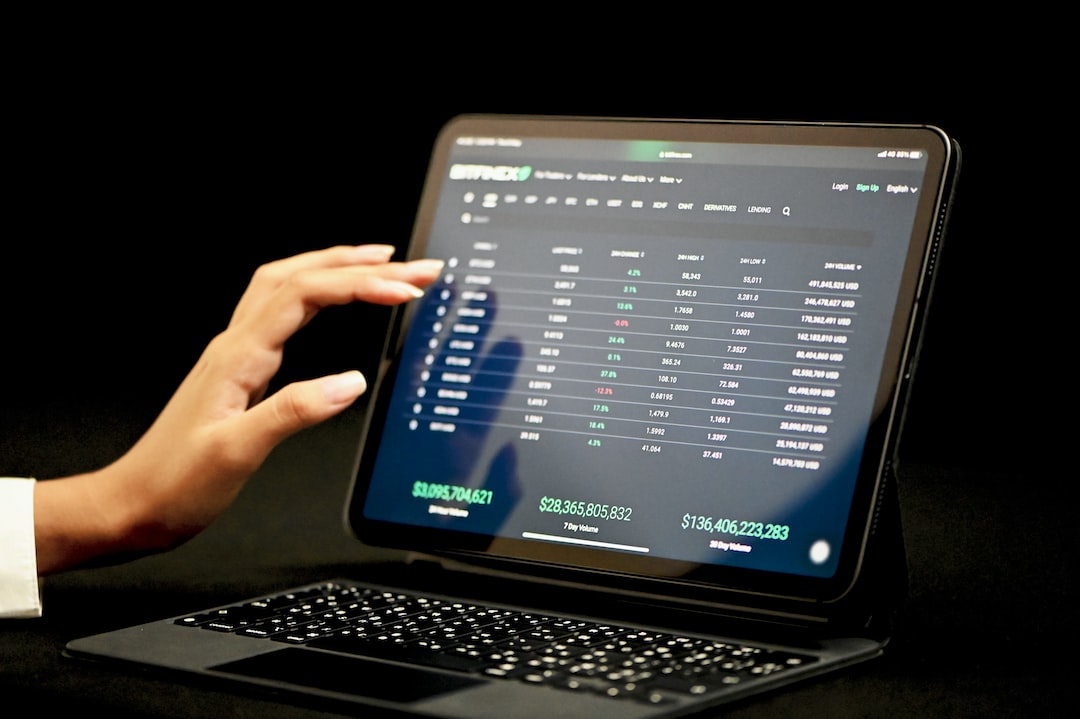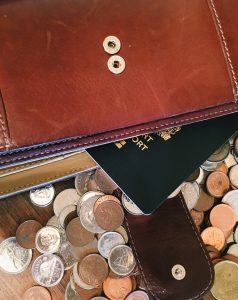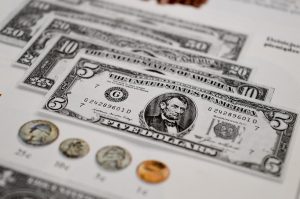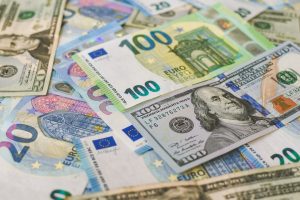Forex, also known as the Foreign Exchange market, is a decentralized market where currencies are traded. As the largest financial market in the world, forex sees trillions of dollars in daily trading volume. The value of currencies is constantly fluctuating, which can have a significant impact on global economies, businesses, and individuals. There are several factors that affect forex, including economic, political, and social factors.
Economic Factors
One of the most significant factors that affect forex is the state of the economy. Economic indicators such as GDP, inflation, and interest rates can have a significant impact on the value of a currency. For example, if a country’s GDP is growing, it is likely that the value of its currency will increase. Similarly, if a country’s inflation rate is high, its currency may depreciate in value. Interest rates also play a crucial role in forex trading. Central banks can raise or lower interest rates to control inflation and stimulate economic growth. If a central bank raises interest rates, it can attract foreign investment and increase the value of the currency. Conversely, if interest rates are lowered, the currency may depreciate in value.
Political Factors
Political instability can also have a significant impact on forex. Political events such as elections, changes in government, and geopolitical tensions can affect the value of a currency. For example, if there is uncertainty surrounding an election, it can cause investors to be hesitant, leading to a decrease in demand for the currency. Similarly, if there is a change in government, it can lead to changes in economic policies that can affect the value of the currency. Geopolitical tensions such as trade disputes, wars, and terrorist attacks can also have a significant impact on forex. For example, if there is a trade dispute between two countries, it can lead to a decrease in demand for the currency of one of the countries.
Social Factors
Social factors such as consumer confidence, demographics, and cultural events can also affect forex. Consumer confidence plays a crucial role in the economy, and if consumers are optimistic, it can lead to increased spending, which can stimulate economic growth. Similarly, if there is a shift in demographics, it can lead to changes in economic policies that can affect the value of the currency. Cultural events such as festivals and holidays can also have an impact on forex. For example, during the holiday season, there is typically an increase in consumer spending, which can lead to an increase in demand for the currency.
Conclusion
Forex is a complex market that is influenced by a variety of factors. Economic factors such as GDP, inflation, and interest rates, political factors such as elections, changes in government, and geopolitical tensions, and social factors such as consumer confidence, demographics, and cultural events can all affect the value of a currency. As a result, forex traders must stay informed about these factors to make informed trading decisions. By understanding the factors that affect forex, traders can better navigate the market and increase their chances of success.






